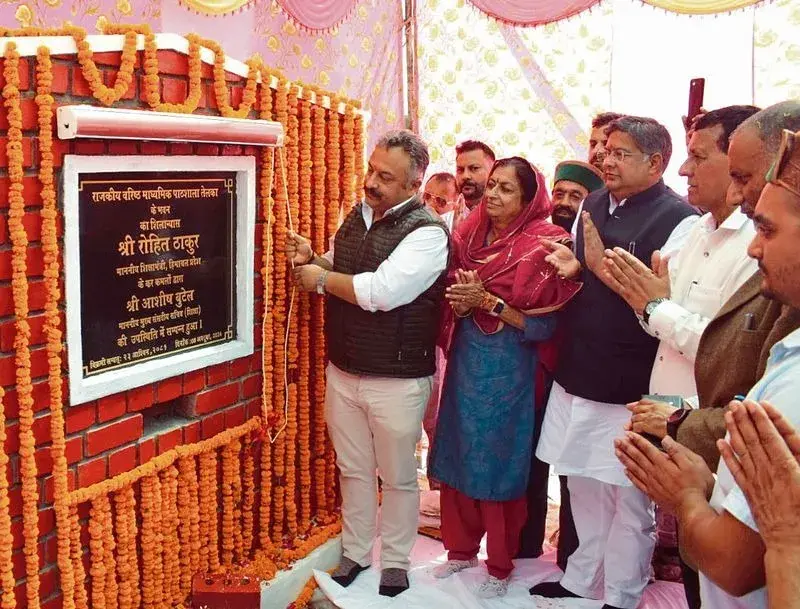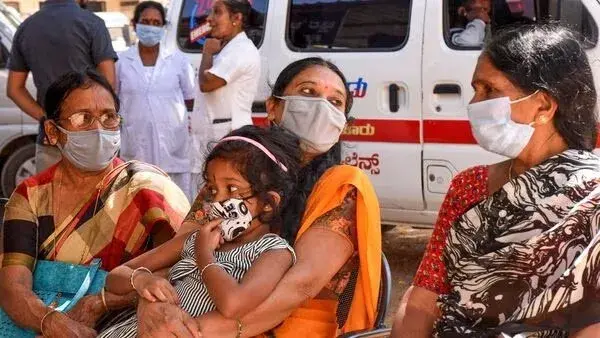Education Minister Rohit Thakur Lays Foundation Stone for New School Building in Dalhousie, Prioritizes Education Quality
Education Minister Rohit Thakur laid the foundation stone for a new building at the Government Senior Secondary School in Telka, Dalhousie constituency, on Tuesday. The project, estimated at ₹5.46 crore, marks a significant step toward improving educational infrastructure in the region. Addressing students and local residents, Thakur emphasized that enhancing the quality of education and increasing accessibility to learning resources close to home are top priorities for the state government. Thakur underscored the importance of quality education in shaping responsible citizens and highlighted the evolving educational landscape that requires systemic reforms to meet future demands. The minister noted that over the past 18 months, the state government has made substantial progress, including filling 3,500 new teaching positions and promoting 3,000 education department staff, marking the highest recruitment in the education sector during the current administration’s tenure. Acknowledging the long-standing demand for a school building in Telka, Thakur shared that ₹1.75 crore had already been released for the project, with the remaining funds to be allocated to the Public Works Department (PWD) soon to expedite construction. In addition, the minister addressed future plans, including the construction of a new building for the Government Degree College, Telka, which will be prioritized in the next financial year. Thakur also assured the gathering that efforts were underway to fill various vacant positions in the health department and promised swift action on the matter. The event was attended by former Minister Asha Kumari, Chamba MLA Neeraj Nair, and Chief Parliamentary Secretary Ashish Butail, who also addressed the gathering, reiterating their support for the government’s educational reforms. Source: Tribune




